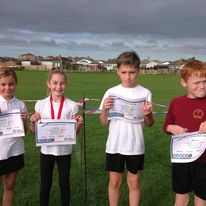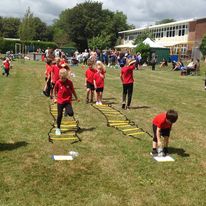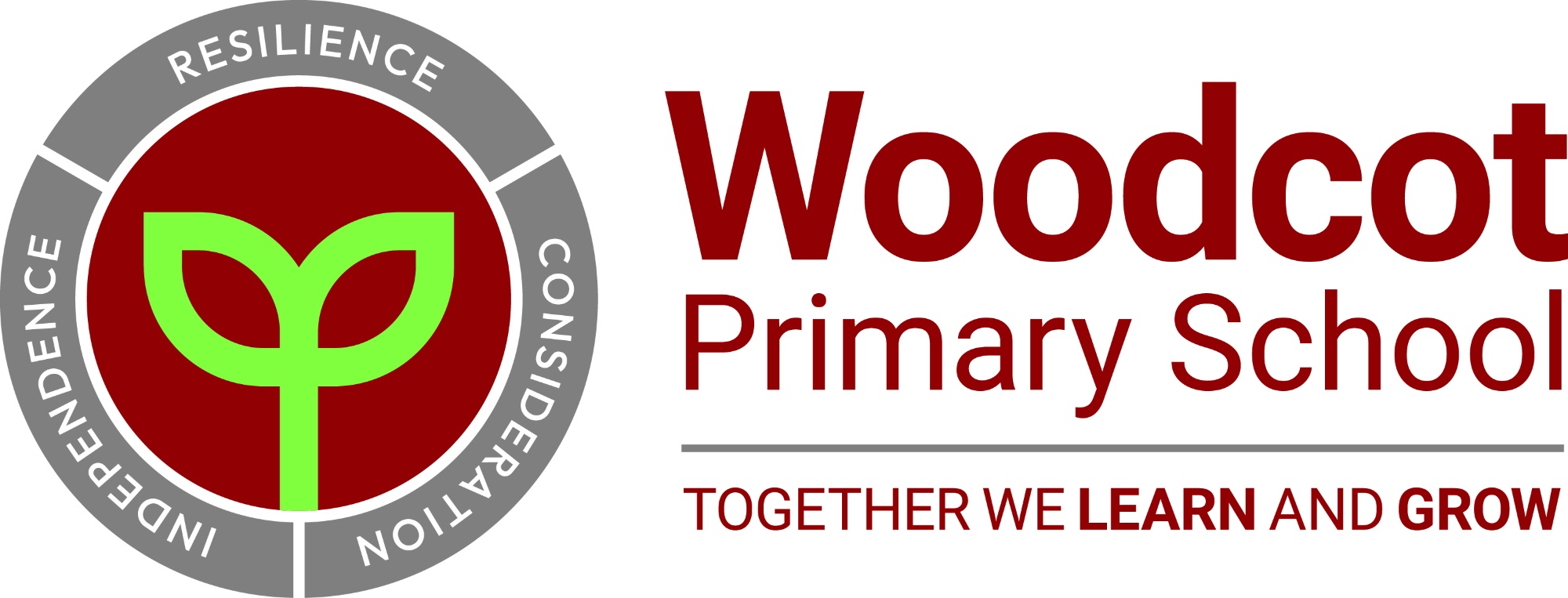PE
Mrs Popham is responsible for Physical Education. There is an ambitious curriculum set for PE, supporting teachers to implement it through high-quality lessons and checking that everything is helping children to know more, remember more and do more.
If you would like more information in addition to that published on this page, please email:
admin@woodcotprimaryschool.co.uk
Purpose of Study
A high-quality physical education curriculum inspires all pupils to succeed and excel in competitive sport and other physically-demanding activities. It should provide opportunities for pupils to become physically confident in a way which supports their health and fitness. Opportunities to compete in sport and other activities build character and help to embed values such as fairness and respect.
Aims
The National Curriculum for physical education aims to ensure that all pupils:
- develop competence to excel in a broad range of physical activities
- are physically active for sustained periods of time
- engage in competitive sports and activities
- lead healthy, active lives

Intent
At Woodcot Primary School, our Physical Education (PE) curriculum aims to foster a lifelong love of physical activity and promote health and well-being. We intend for every child to:
Master Fundamental Skills: Focused on essential movement skills such as running, jumping, throwing, and catching, which are essential for all physical activities.
Experience Variety: Pupils are exposed to a diverse range of sports and physical activities, including traditional team sports, individual pursuits, and non-traditional activities. This variety encourages all children to find their passion in physical activity.
Overcome Participation Barriers: Create an inclusive environment where every child, regardless of ability or background, feels they fully enjoy and participate in physical education.
Understand Healthy Choices: Instil the importance of a healthy lifestyle as well as mental and social wellbeing.
Build Confidence: Nurture resilience and self-assurance in all pupils through supportive challenges.

Implementation
Our PE curriculum is delivered through a structured approach, comprising:
Curriculum Design: A comprehensive and sequenced approach that adheres to the national curriculum, while also incorporating additional elements tailored to our pupils' interests and community needs.
Quality Teaching: Taught by trained PE specialists and class teachers, emphasising high-quality instruction.
Assessment: Pupils are regularly assessed through formative and summative assessments, allowing us to monitor progress and provide constructive feedback. This data informs future planning, ensuring that lessons meet the varying needs of all pupils.
Extra-Curricular Activities: A rich variety of extracurricular sports clubs and competitions are offered, encouraging broader participation in physical activity. We actively seek partnerships with local sports clubs and organisations to enhance opportunities.
Inclusive Practices: Adaptations for children with SEND ensure full engagement in PE.
Community Links: We foster links with the local community, including charities, schools and sports clubs, to create pathways for pupils to engage in physical activity outside of school hours, promoting a culture of health, well-being and purpose.

Impact
The impact of our PE curriculum is evaluated through:
Increased Participation: Rates of pupil participation during and outside of curriculum time are increasing.
Improved Competence: Progress is shown through children’s physical skills across various sports with many children showing a strong aptitude for sport.
Enhanced Well-Being: Pupil voice reveals that most children feel more confident, resilient, and happier because of their engagement in PE. Increased physical activity has also led to better emotional well-being.
Positive Behaviour: There is a notable correlation between participation in PE and improved behaviour in and out of the classroom, with lessons promoting teamwork, respect, and fair play.
Health Awareness: Pupils demonstrate a growing understanding of the importance of a healthy lifestyle. Many report engaging in sports and physical activities outside of school, contributing to their overall health and fitness levels.
Competitive Success: Children’s performances in local competitions consistently highlight teamwork and skill development.
What children are taught and when
Year R
Year 1
Autumn
Spring
Summer
Year 2
Autumn
Spring
Summer
